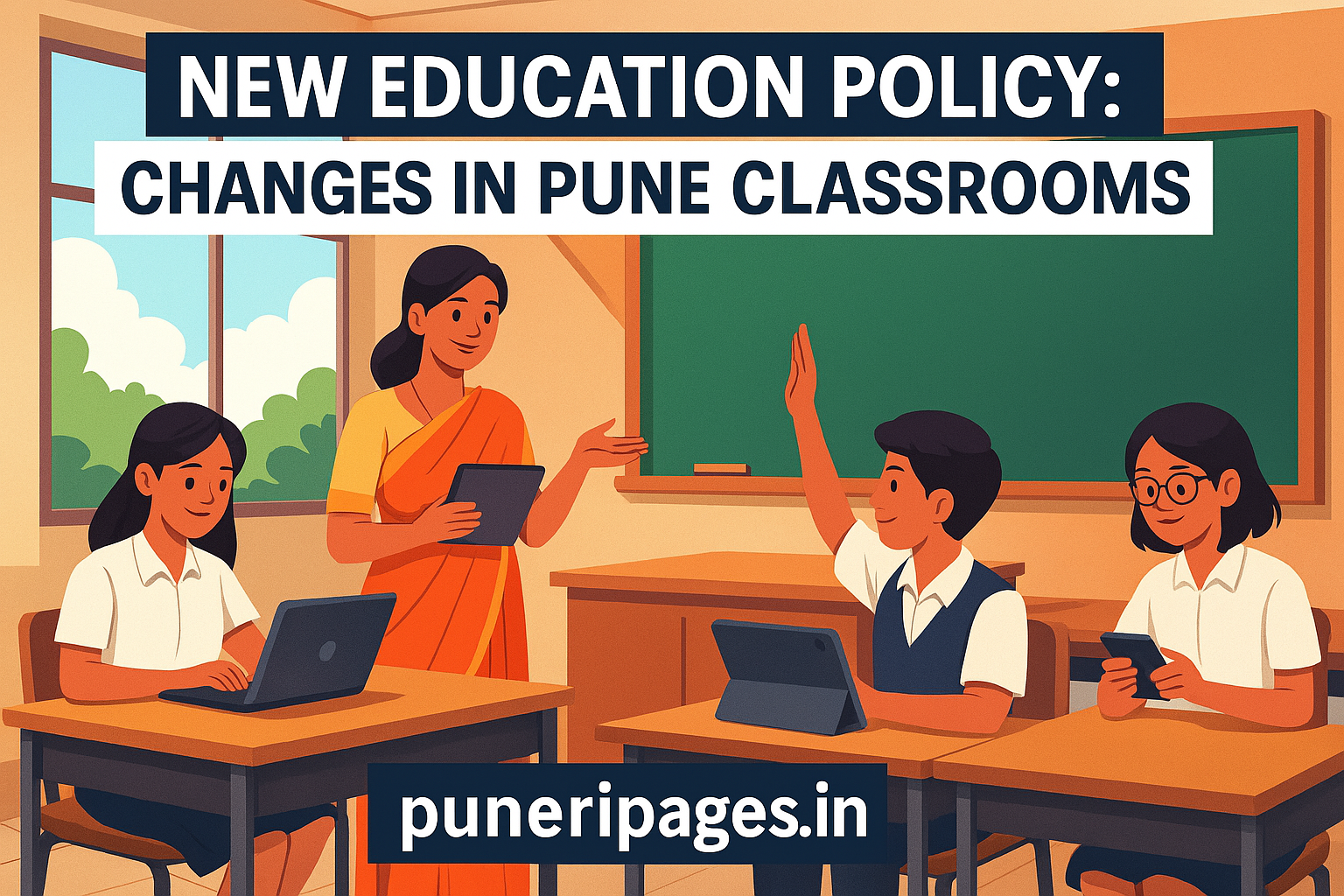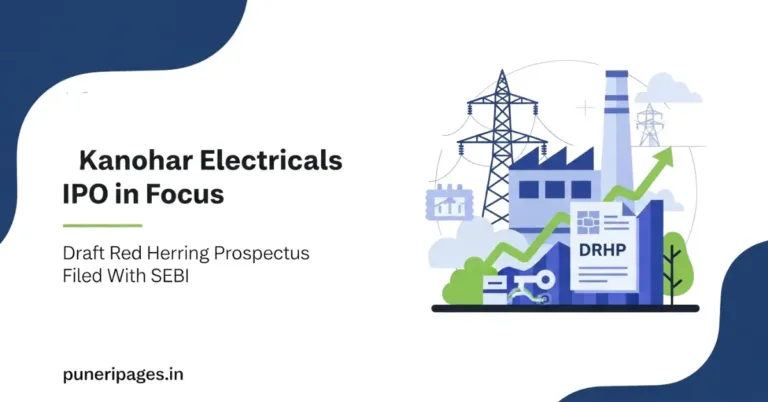
The National Education Policy (NEP) 2025 marks a transformative shift in India’s educational landscape, aiming to make education more holistic, flexible, multidisciplinary, aligned to the needs of the 21st century, and aimed at bringing out the unique capabilities of each student. Pune, renowned for its educational institutions, is at the forefront of this implementation, with various schools and colleges adopting the policy’s guidelines.
Key Features of NEP 2025
The NEP 2020 introduces several significant changes:
- Structural Overhaul: Transition from the traditional 10+2 system to a 5+3+3+4 curricular structure. This new system corresponds to different stages of a child’s development: foundational (ages 3-8), preparatory (8-11), middle (11-14), and secondary (14-18) .
- Emphasis on Foundational Literacy and Numeracy: Prioritizing basic reading, writing, and arithmetic skills in the early years.
- Multilingualism: Encouraging instruction in the mother tongue or regional language up to at least Grade 5.
- Reduced Curriculum Content: Focusing on key concepts and essential learning, promoting critical thinking and creativity.
- Integration of Vocational Education: Introducing vocational courses from Grade 6 onwards, including internships.
Implementation in Pune
Pune’s educational institutions have been proactive in embracing the NEP 2025:
- Higher Education Institutes: In the academic year 2023-24, over 1,400 higher educational institutes in Maharashtra, including those in Pune, began implementing various aspects of the NEP. This initiative aims to provide a more holistic and multidisciplinary education .
- School-Level Changes: The Maharashtra government has finalized preparations to implement the NEP at the school level, starting with the academic year in June 2025. This initial phase will focus on children aged three to eight, covering kindergarten, pre-primary, and Standards I and II .
- Curriculum Development: The State Council of Educational Research and Training (SCERT) has developed a State Curriculum Framework based on NCERT guidelines, outlining academic competencies.
Challenges and Considerations
While the NEP 2020 offers a visionary framework, its implementation presents certain challenges:
- Teacher Training: Equipping educators with the skills and knowledge to deliver the revamped curriculum effectively.
- Infrastructure: Ensuring schools have the necessary resources and facilities to support the new pedagogical approaches.
- Awareness: Informing parents and students about the changes to facilitate a smooth transition.
Conclusion
The implementation of the NEP 2025 in Pune signifies a commitment to evolving the educational paradigm to meet contemporary needs. By focusing on holistic development, foundational skills, and flexibility, Pune’s schools are poised to nurture future-ready students, equipped with the knowledge and skills to thrive in a rapidly changing world.







wil it really improve the eucation!